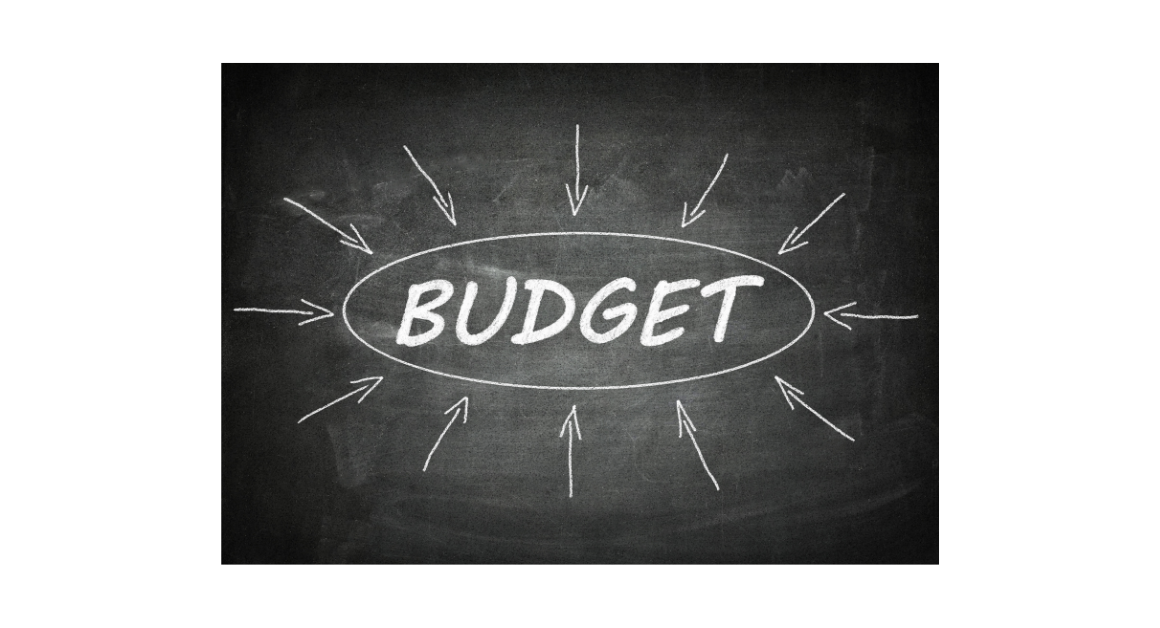BUDGETING GUIDE FOR STUDENTS
Budgeting, in simple terms, means having a complete understanding of your expected income and expenditure over a specific period of time. I first experienced budgeting when I played “the Sims” for the first time. When my character was a daily wager, I had to manage rent, food, clothes, etc.
However, life simulation is different from real life. But you cannot expect to live a good life without a proper budget. I’ll try to explain the process of budgeting to make it easier for you below.
Let’s divide the process into three sections.
1. IDENTIFY WHAT YOU’RE EXPECTING IN INCOME:
First thing on your to-do list should be identifying what you’re expecting in income each week. Communicate with your parents/employer; those who will play an active role in financing you, is this sustainable into the future? And can it be increased i.e. more shifts?
Review what you’re expecting. Is this enough? How can you increase this further; do you need a second job, are you elligible for financial aid or both. You’ll understand where you’re standing once you lay it out on paper.
Next step is to come up with ways to manage future expenses. Do you have an ’emergency fund’? If not, this is the point where you’ll need to contemplate creating one. If you rely on a car to get to work and it suddenly requires a new tyre, what will you do? Plan ahead now.
2. TRACKING WHAT YOU’RE SPENDING:
Next thing to do is review where you are spending your money. Identify what is important, and eliminate the unnecessary expenses like eating out.
Commence your budget by allocating funds for your Rent and Groceries. Choosing accomodation where your room’s rent and utilities (such as electricity and internet) are included can be a good start.
Planning your meals for the week in advance before making the trip to the store will ensure you avoid frivolous spending. You can safely keep 3-4 days worth of meals in the fridge and store the remaining in your freezer – this will help you save money and reduce cheat-snacking as your meals are always ready to go.
After Rent and Groceries, course material and other academic expenses should be a priority. Quite frankly, these will consume a big part of your income. Supposing your parents are covering some of these, great. If not, plan your expenditure very carefully.
By creating a dedicated ‘social expenses’ fund and allocating a small amount each week, you will still be able to go out with friends when unexpected events come up – but choose wisely – your fund has a limited amount!
Transportation and clothing are secondary. Spend wisely. However, the last primary expense should be entertainment. After all the compromise you make, you deserve a break.
3. PLANNING FOR THE FUTURE:
If you show discipline in successfully following your budget throughout your student life, then you’ll be in excellent shape when you graduate. The basic money-saving hack is maintaining a living standard that is below your income. Live on less than you make.
Now is the time that you start to pay off student loans if you took any. The peace you’d have at this point with a fair amount of savings from student life will help you to focus on the present, which directly affects your future too.
Your future will eventually depend upon the choices you make today. So, if you want to live without constantly worrying about your financial status, then make the decision to start a budget today!


